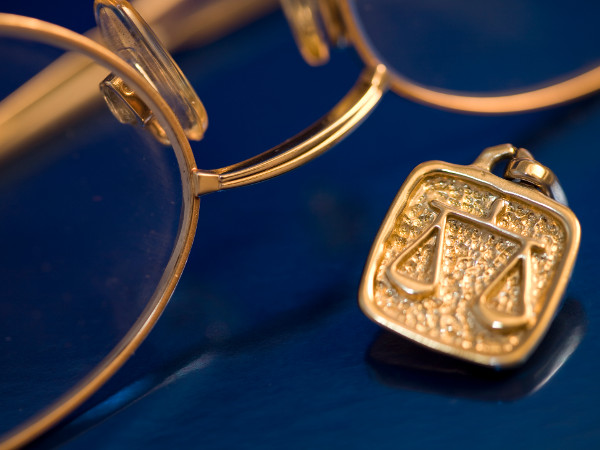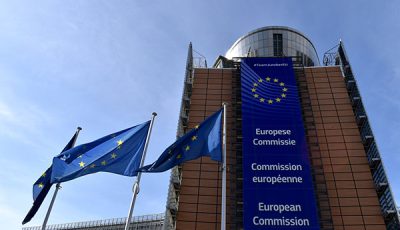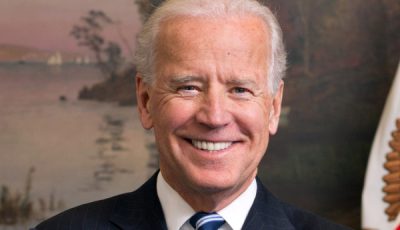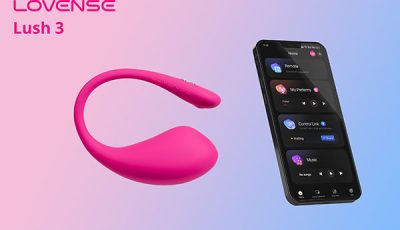‘Affiliate Pooling’ Patent Invalid on Appeal
 QUEBEC CITY, Canada – A U.S. federal appeals court upheld a district court’s decision invalidating a so-called “affiliate pooling” patent, effectively ending a long-running judicial battle involving both mainstream and adult industry companies.
QUEBEC CITY, Canada – A U.S. federal appeals court upheld a district court’s decision invalidating a so-called “affiliate pooling” patent, effectively ending a long-running judicial battle involving both mainstream and adult industry companies.
Essociate, Inc. v. Clickbooth.com, LLC conceptually began in the mainstream in 2011 when Essociate, an online affiliate advertising network, acquired U.S. Patent No. 6,804,660 (“660 patent”). The patent describes a system allowing affiliate networks to establish “virtual affiliates,” also known as affiliate pools. Such systems are used by online adult industry networks to increase revenues by working special deals with programs that pay higher rates for larger traffic volumes.
In 2014, after suing more than 20 mainstream companies, Essociate turned its attention to mainstream network Clickbooth and adult network CrakRevenue, a division of Canadian company Crakmedia. In a lawsuit filed in U.S. District Court for the Central District of California, Essociate alleged willful patent infringement and asked to be awarded damages, lost profits, attorney fees, and a permanent injunction.
Clickbooth and Crakmedia teamed up and fought back. In February 2015, the companies won a decision that effectively invalidated Essociate’s patent.
Essociate appealed to the U.S. Court of Appeals for the Federal Circuit. In March 2016, the circuit court unanimously affirmed the lower court’s decision. In the appellate ruling, Judge Todd M. Hughes noted Essociate had not demonstrated patentability of its concept, said to be an improvement on an earlier concept that itself might not be patentable.
“This ruling is a victory for internet marketing companies, who should not have to face patents directed to fundamental economic practices,” Clickbooth counsel Richard Newman declared post-decision.
Crakmedia’s founder and chief executive officer said he is equally pleased with the ruling.
“The U.S. Federal Circuit’s decision settles this judicial battle once and for all, sending a loud and clear message,” said Nicolas Chretien. ““It’s a big day for us. We fought for something we believed in. Although a settlement would have certainly been less costly than litigation, we couldn’t let patent trolls continue to bully us and others in our industry.”













